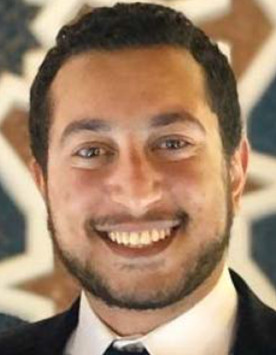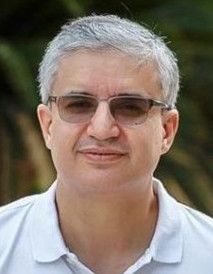Description
The significant technological advances in the industry of low earth orbit (LEO) satellites have opened the door to a new realm of LEO-based applications. One key application is providing internet broadband services to people everywhere around the globe. The main driver to achieve such satellite-based global connectivity is deploying large numbers of LEO satellites at a set of altitudes, ranging from 300 km to 1500 km. Given that we have multiple competing companies launching various constellations with diverse altitudes and numbers of satellites, we can envision a set of spheres concentric with the earth with large numbers of LEO satellites distributed on the surfaces of each of these spheres. To enable accurate modeling and optimal design, we need to think of creative techniques to enable mathematically analysing such communication systems. In this tutorial, we discuss a recently proposed mathematical framework that enables tractable analysis of LEO satellite-enabled communication systems while capturing the influence of satellites’ numbers and altitudes as well as the spatial distribution of earth stations. Firstly, we describe how this stochastic geometry-based framework is modelled and discuss its accuracy. Next, we provide a detailed example where this framework can be used for coverage analysis. We then introduce and discuss integrated space-aerial-terrestrial networks. Finally, we discuss how this framework can be used to study routing and end-to-end latency analysis in such networks. Realistic values from existing constellations, such as OneWeb and Starlink, are further used as case studies in this tutorial.
Chairs
Dr. Mustafa, Kishk, Maynooth University

Mustafa A. Kishk [S’16, M’18] is an Assistant Professor in the Electronic Engineering Department at Maynooth University, Ireland. Before that, he was a postdoctoral research fellow in the communication theory lab at KAUST. He received his B.Sc. and M.Sc. degree from Cairo University in 2013 and 2015, respectively, and his Ph.D. degree from Virginia Tech in 2018. His current research interests include UAV-enabled communication systems and satellite communications.
Dr. Mohamed-Slim, Alouini, King Abdullah University of Science and Technology

Mohamed-Slim Alouini [S’94-M’98-SM’03-F’09] was born in Tunis, Tunisia. He received the Ph.D. degree in Electrical Engineering from the California Institute of Technology (Caltech), Pasadena, CA, USA, in 1998. He served as a faculty member in the University of Minnesota, Minneapolis, MN, USA, then in the Texas A&M University at Qatar, Education City, Doha, Qatar before joining KAUST, Thuwal, Makkah Province, Saudi Arabia as a Professor of Electrical Engineering in 2009. His current research interests include the modeling, design, and performance analysis of wireless communication systems.


